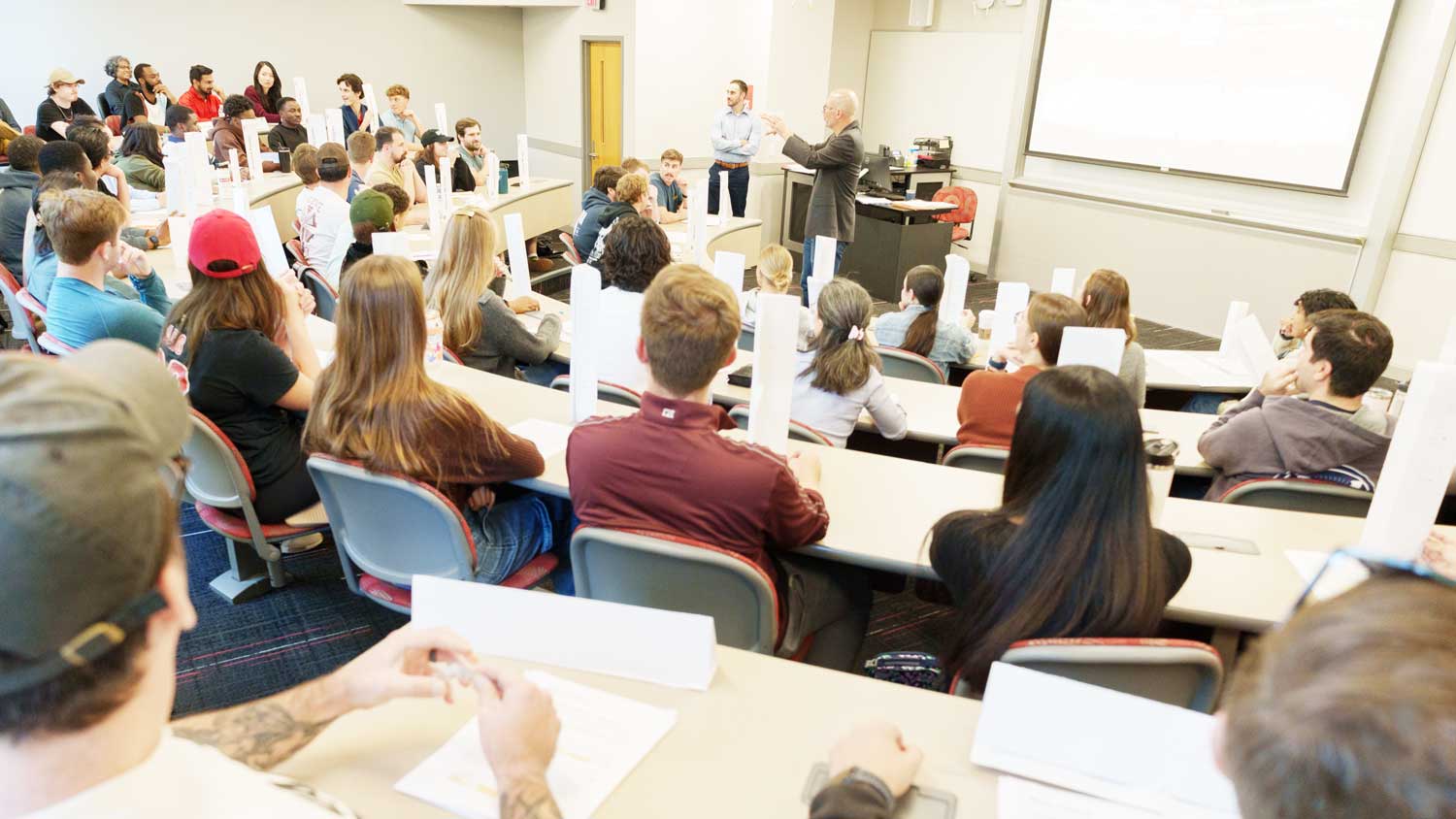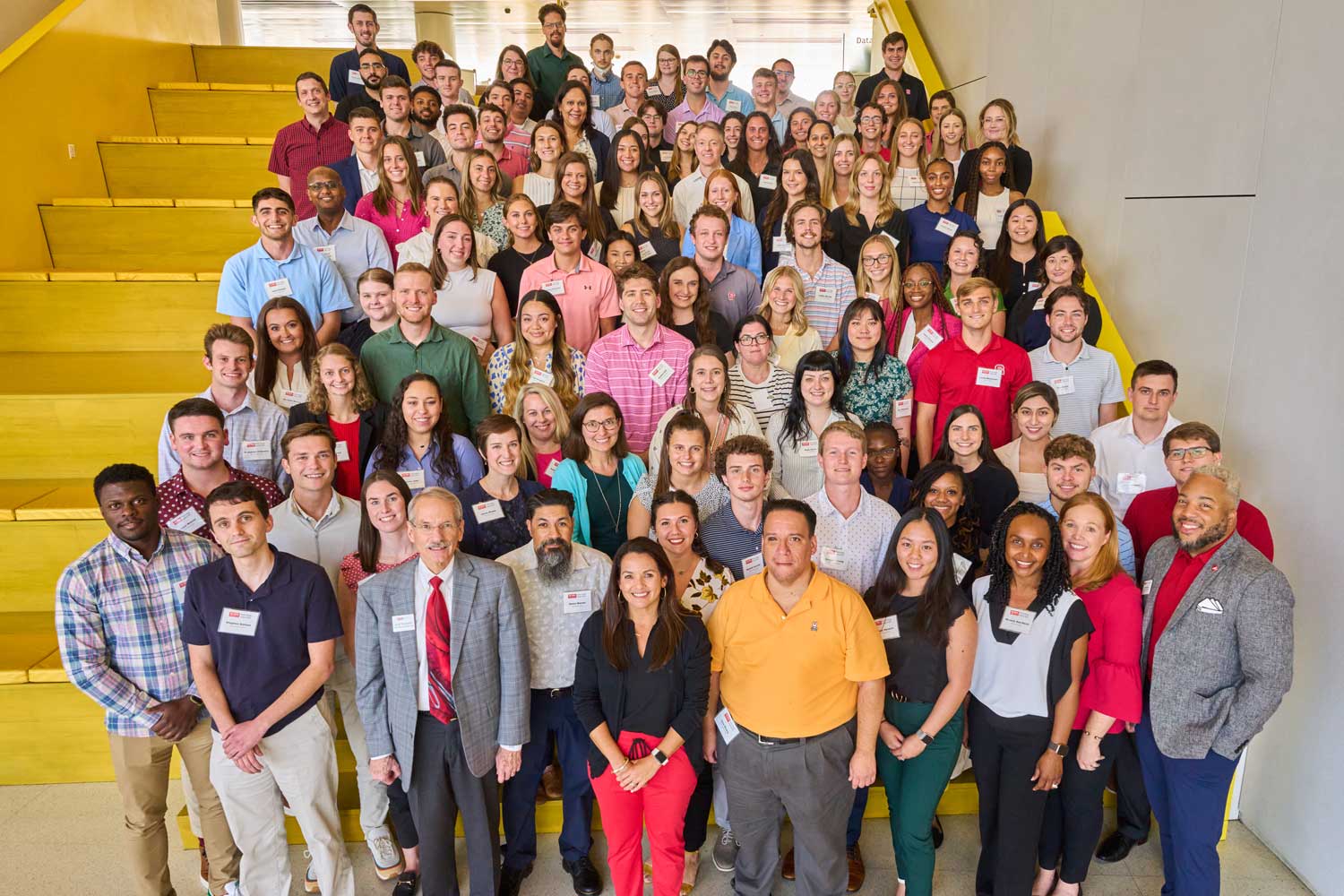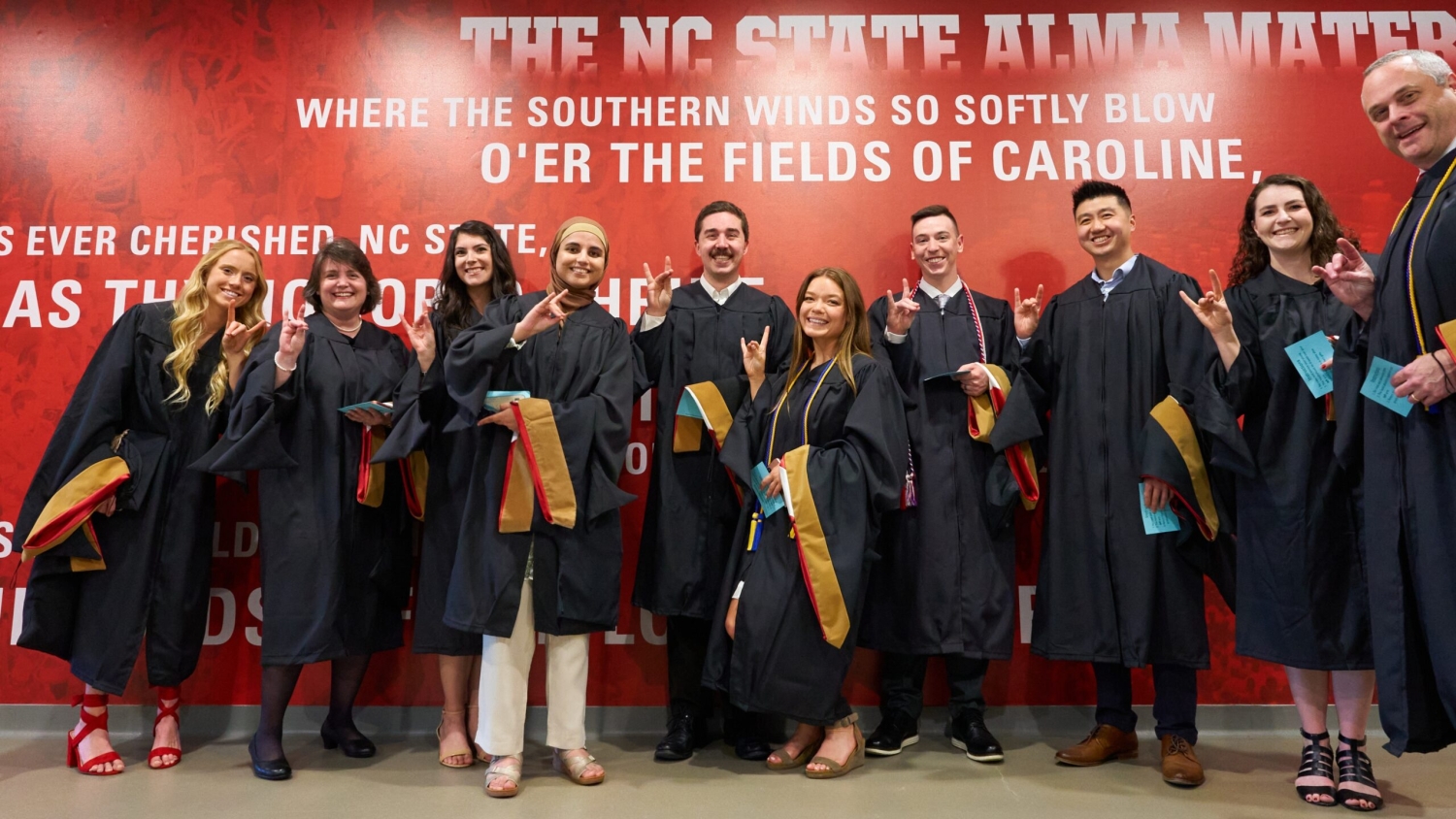Empowering Extraordinary Results
Poole College’s new director of high-impact experiences, Tyler Wiersma, is on a mission to get students engaged in real-world opportunities early in their college careers.
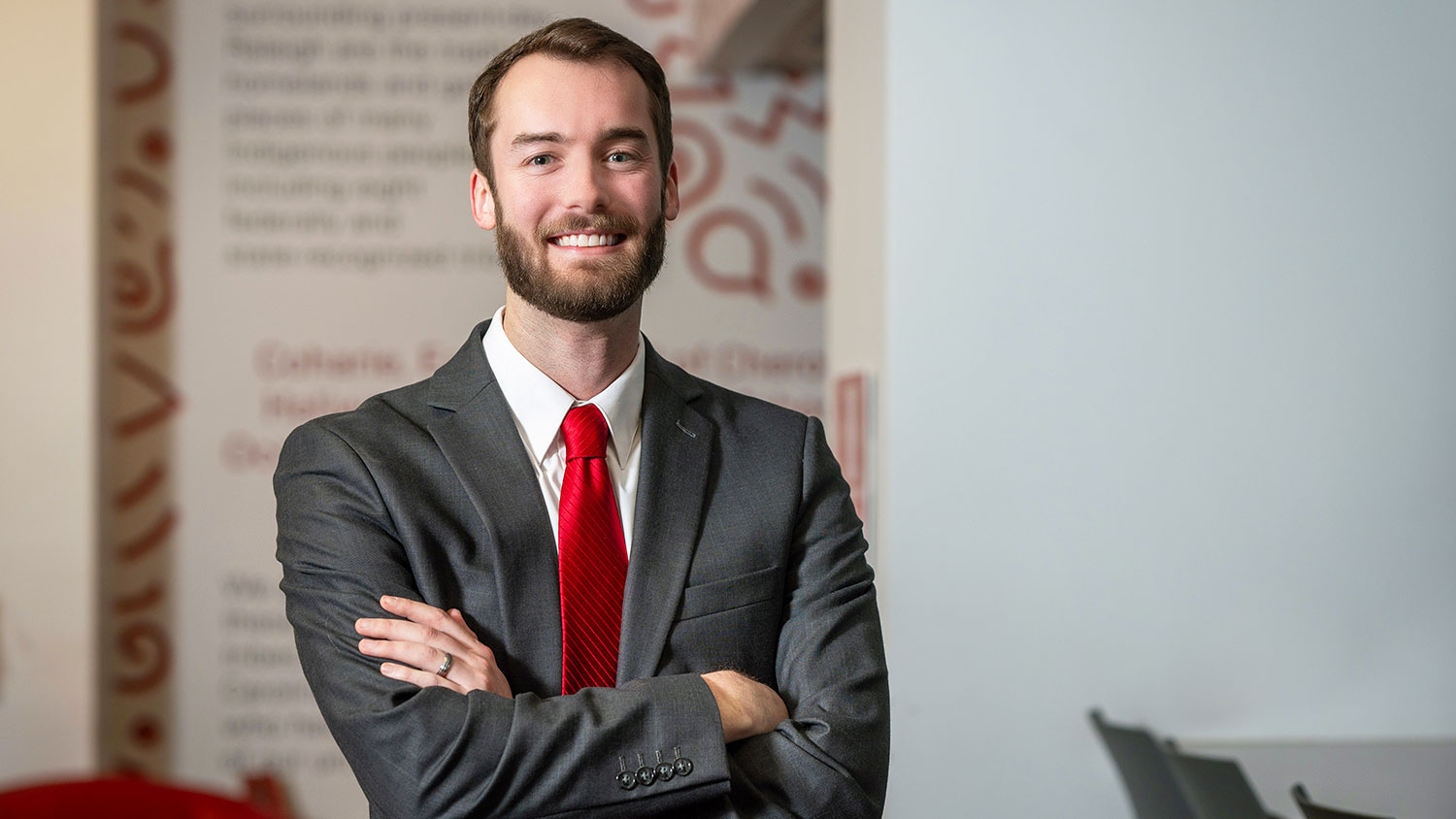
As an undergraduate psychology student, Tyler Wiersma’s focus was a traditional campus-confined, classroom-based, study-hard approach, not unusual at the time. No internships, research projects, study abroad or involvement with campus organizations.
Expectations — at colleges and among employers — have changed significantly since he graduated in 2013.
For career-track employment after graduation, “You can’t just get by on a 4.0 GPA anymore,” says Wiersma, the Poole College of Management’s first director of high-impact experiences. “I was that student who thought grades were enough. … If I had to go back and talk to my undergraduate self, I’d get involved earlier in real-world opportunities.”
“What’s key here is when you get involved with something early on, it gives you the confidence to expand your comfort zone.”
Getting students engaged as soon as possible in high-impact experiences is his fundamental aim in the new position.
“What’s key here is when you get involved with something early on, it gives you the confidence to expand your comfort zone,” Wiersma says.
Setting Up Students for Success
Poole offers many ways for students to go beyond their comfort zone and broaden their horizons, with hands-on learning that helps them gain versatile skills, be innovative, work with diverse people and build confidence.
What are immersive high-impact experiences? The range is wide — from extracurricular clubs and service-learning projects to research, practicums and study abroad programs.
“[High-impact experiences] raise the overall credibility of a student’s degree.”
Wiersma’s role reinforces a commitment by Poole and NC State to provide learning options that enhance job preparation and lead to career success. Elevating high-impact experiences is a top goal in the Poole 2030 Strategic Framework, which aligns with university goals in the Wolfpack 2030: Powering the Extraordinary plan.
High-impact experiences can have extraordinary results for students.
“They could be what set students up for a successful career and successful life in the future,” Wiersma says. “They raise the overall credibility of a student’s degree.”
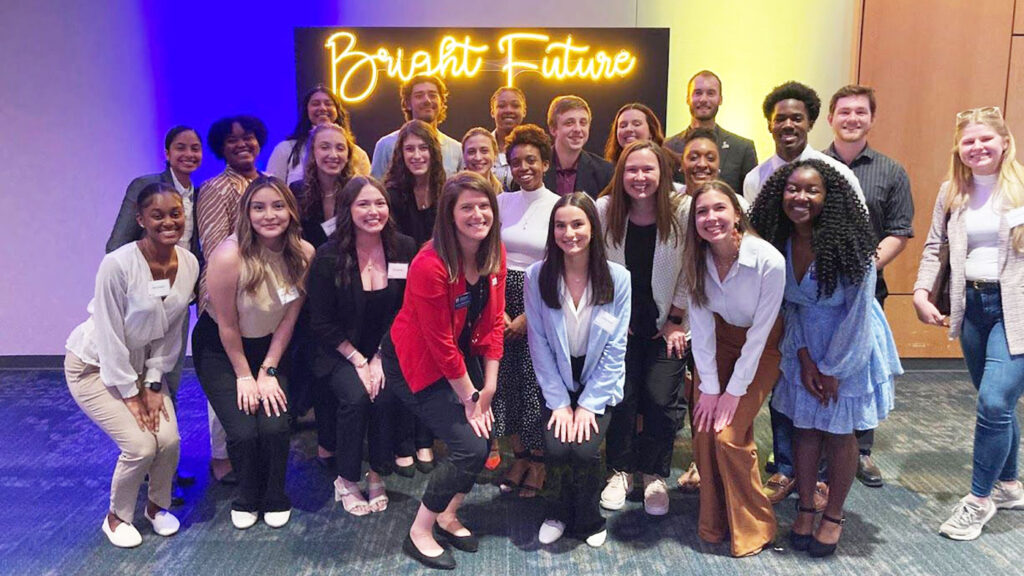
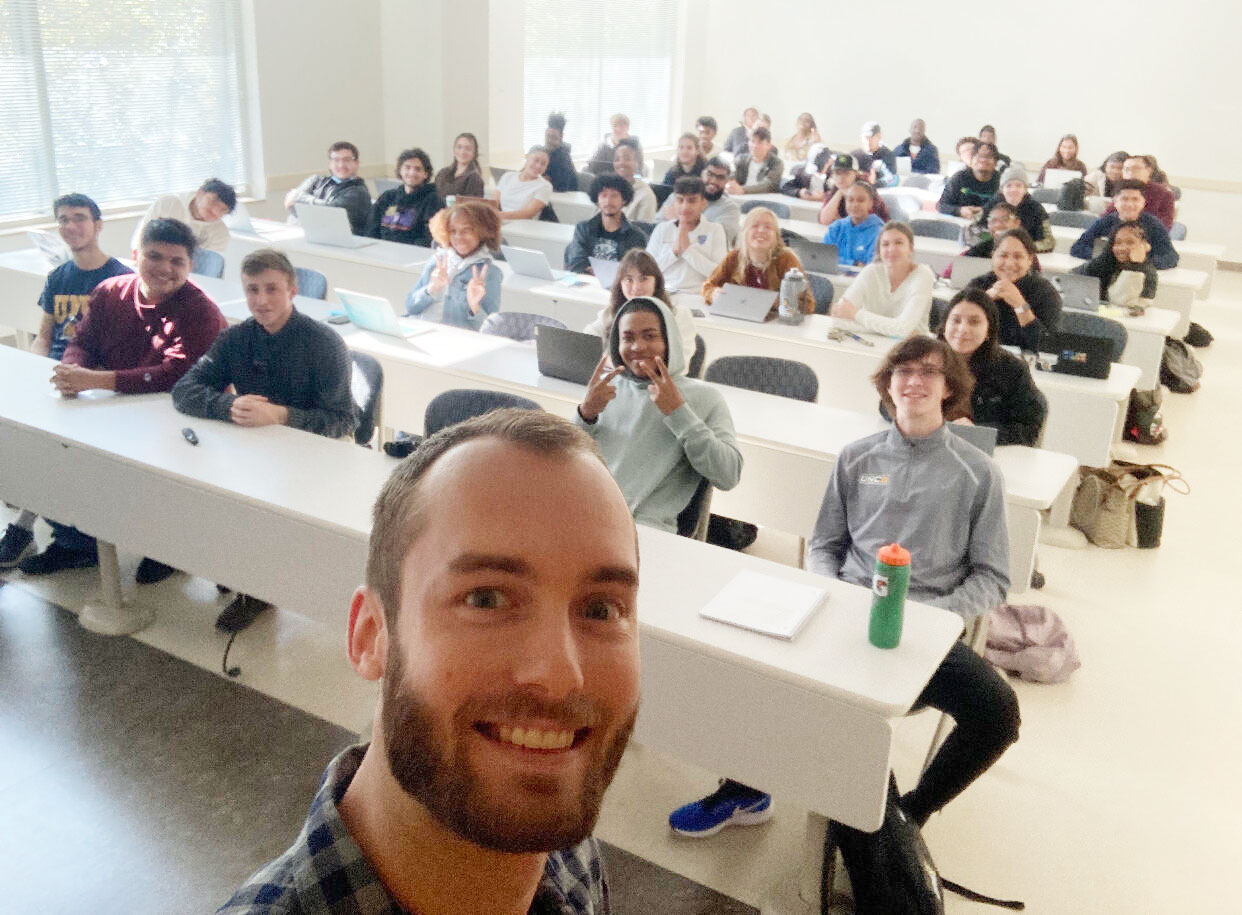
Ensuring Access, Elevating Opportunities
As students choose and lead their own experiences, with faculty and staff oversight, much of the learning happens outside the classroom. It includes “transferable skills that students can carry with them for the rest of their lives,” Wiersma says, such as communication, problem-solving, teamwork and leadership.
But building skills isn’t enough. Being able to tell prospective employers how their experiences can help them in the workplace is crucial for students. Coaching them in that process is another focus for Wiersma.
“One of the core components is saying, ‘Here’s what I did, and here are the results of what I accomplished.’ That’s what employers expect,” he says. “Then employers can see why this experience matters and how it’s going to set a student apart from other candidates they’re interviewing.”
A foundation of Poole’s evolving high-impact program is ensuring access to various options for all students, regardless of major, concentration and demographic. That includes first-generation students and those from other underrepresented groups.
“There are people knocking down the doors to get in and partner with Poole.”
Wiersma’s first goal is to develop an inventory of Poole’s existing high-impact experiences and devise how to streamline processes, remove barriers and promote awareness of opportunities among students. Getting student buy-in early is important.
“There are people knocking down the doors to get in and partner with Poole,” says Wiersma, who wants to develop one clearly defined entry point to bring in employers and other external constituents.
Another goal is to elevate low-impact opportunities into high-impact experiences.
That may entail developing different levels of student participation in an activity. Low-impact involvement in a student organization could be attending an information session, for example, and high-impact participation could mean becoming an officer of the group. With study abroad, instead of taking a single course in one country with the same classmates, other immersive aspects and real-world connections could be added to maximize students’ learning and growth.
GOAL 1
Inventory, streamline processes, remove barriers and promote awareness.
GOAL 2
Elevate low-impact opportunities into high-impact experiences.
GOAL 3
Emphasize student communication to underscore their value.
Poole Pathways
A third goal emphasizes students sharing their high-impact experiences to underscore their value. Poole Pathways is a platform on which undergraduates can look for available high-impact options and showcase experiences they’ve had through a digital portfolio. It’s a way to highlight their skills and achievements in specific competency areas that employers expect.
High-impact experiences are as vital for employers as they are for students.
Organizations benefit from more mature and self-aware graduates who can apply their skills in the real world. “They’re getting a new employee who will need less handholding and less onboarding, who is quick to get up to speed to make an immediate impact for their company,” Wiersma says.
“They’re getting a new employee who will need less handholding and less onboarding, who is quick to get up to speed to make an immediate impact for their company.”
He’s a steering committee member for NC State’s Quality Enhancement Plan, which will provide a structure for undergraduates in all majors to engage in at least one high-impact experience.
“A big focus of this will be to look at the entire undergraduate journey, making sure we have a healthy mix of curricular, co-curricular and extracurricular options,” Wiersma says. “We want to be sure we provide a comprehensive education.
“I’m excited about the scope and impact of what a well-thought-out high-impact experience model can provide to our students,” he notes.
Giving Students ‘The Keys to the Car’
Before joining Poole, Wiersma established course curricula and other initiatives in his work leading undergraduate professional development programs at UNC Greensboro’s Bryan School of Business and Economics.
His positions at both UNC Greensboro and Poole have tapped his skill working with diverse groups: students, faculty, alumni, employers and other external partners. “I love establishing connections and building relationships to create new and impactful opportunities for students,” he says. Ultimately, “It’s like giving students the keys to the car to get them where they want to go.”
“It’s like giving students the keys to the car to get them where they want to go.”
Wiersma’s well-rounded education resume — with roles in student affairs, academic affairs and alumni relations, plus a master’s degree in higher education administration — has given him “the holistic view of the student’s experience,” he says. “I feel like I get to play in all those areas at Poole.”
By the time he was in graduate school, he was passionate about high-impact experiences. Just one internship was required in his program, but he did three. “That was a good example of how engaging in one is really a springboard to explore others in the future,” Wiersma notes.
Although he never studied abroad as an undergraduate, his chance is coming up: Poole’s accounting and financial management experience for undergraduates in May and June in Reutlingen, Germany.
“I’ll get to see a high-impact experience in action. … As we continue to build out our offerings, it’s going to be critical to feel and experience everything just as our students would,” Wiersma says. “It took me an extra 15 years to get there, but I’ll finally have my international experience.”
- Categories:
